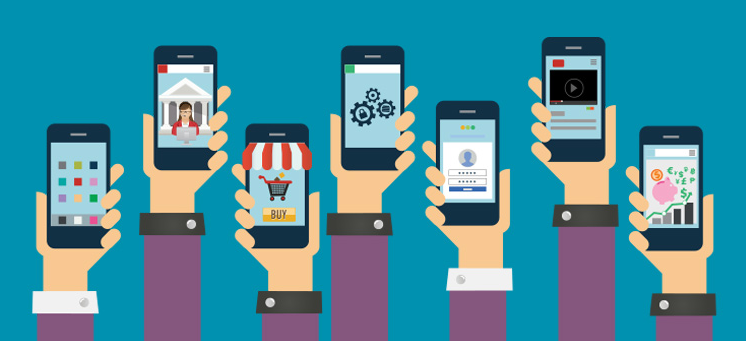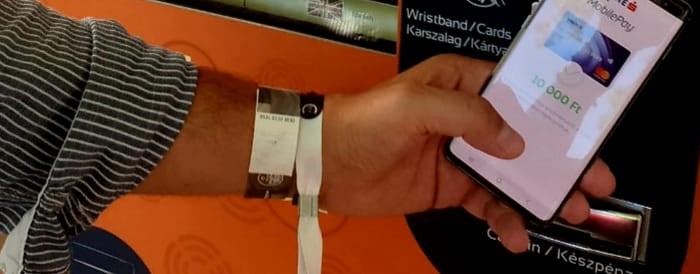The ongoing effects from the global COVID19 pandemic has fundamentally changed our world, both positively and negatively. With increased focus on virus transmission vectors, cashless payment have benefitted hugely from the pandemic. Studies show that the percentage of cash transactions within American retail stores have decreased from over 50% in 2015 to less than 30% in 2021. This includes a decrease of 8.3% alone during 2020. Cards dominate traditional retail outlets but mobile payment wallets like Apple Pay are experiencing a rapid surge in usage, therefore paving the way towards the future of payments. The e-commerce industry is also considered to undermine traditional retail stores, but payment with devices are attracting a significant share of in-store shopping. Although a new entrant to the payment world, digital wallets are becoming more popular too. Spurred on by the ease of sending and receiving payments, digitalisation of payments between business are increasing.
Digital payments expected to reach $4.4Tn transaction value this year
As digital payments become commonplace with customers and businesses, the requirement for secure and dependable transactions has also increased. This desire has transformed payments into an open ecosystem where numerous parties including payment processors, merchant acquirers and consumer fintech companies have revolutionised the digital payment system by introducing new technologies.
The global payment industry has been traditionally dominated by a select few companies. However, the digital payment transaction space has been filled by innovative start-ups and new fintech companies. The new entrants to the digital payment marketplace typically cater towards smaller businesses and retail outlets. This has created a new level of competition within the digital payment space. Deterred by high transaction fees and expensive POS terminals, small businesses are flocking towards alternative and flexible digital payment platforms. As the business world has adapted itself to the pandemic, mobile phone based payment platforms naturally compliment our alternative approaches to business.
Enhancing Mobile Business – The Mobile POS Terminal
At the cutting edge of fintech, Cellum has teamed up with MasterCard and Festipay to develop a ground-breaking cashless payment service in Eastern Europe. With an innovative and secure mobile app, a humble mobile phone can become a low cost POS terminal. This innovative service enables a myriad of flexible low-cost payment options requiring only an Internet connection.
Designed with safety, security and flexibility in mind, the new smartphone-based POS terminal is designed to exceed fraud detection requirements. Many small business In Hungary and other countries, there could be many small businesses whose card transaction volumes are too low to be accepted by banks. Also the cost for leasing a traditional POS terminal can become expensive, especially if the number of transactions are low. The innovative smartphone POS app will provide a low-cost method for small business to accept card-based payments, therefore increasing sales and the flexibility to receive payments.
From digital wallets to financial super apps
Regarded as a pioneer of fintech, PayPal is turning its digital wallet into a financial super app. Their goal is to replace traditional banks from high-yield savings accounts to electronic bill payment. This includes in-store payment solutions, an area where PayPal accelerated product launches during 2020.

The growing number of cashless transactions are a catalyst for fintech companies, providing easy expansion of their user base and as a springboard for new revenue generating products delivered directly into user’s apps and digital wallets.
Digital Payment Domination
The rise of digital payments is expected to continue. Although traditional cash-based payments will continue to exist in the future, it is widely anticipated that digital payment methods will dominant. Proponents of digital payments say it is irrelevant how consumers pay, be it with card, mobile, e-wallet, or another emerging technology. Payments that avoid physical contact are being actively encouraged during these pandemic times. Hence the importance of contactless or digital payments increases daily.
